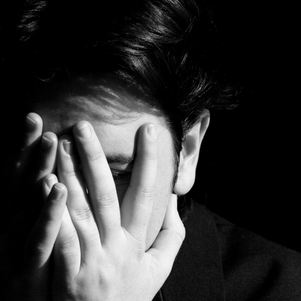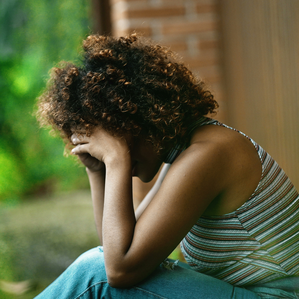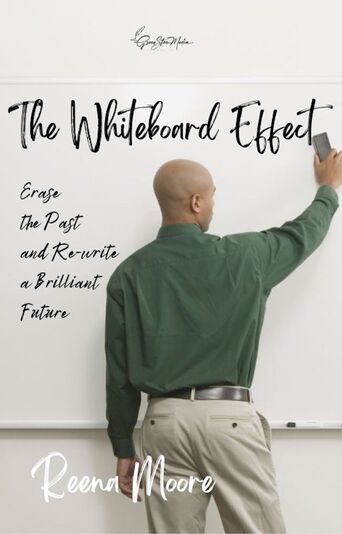 Guilt is one of the most potent forms of fear that can exist within a person. It’s a feeling of self-loathing and regret, with an overwhelming sense of responsibility for one’s actions. Guilt can be all-consuming. It can take over your life if you let it, and this realization can be simultaneously empowering and frightening. Guilt is simply a manifestation of fear and worry; it’s your mind trying to protect you from repeating present mistakes in the future. Whether self-inflicted or imposed by others, guilt is a powerful emotion. It’s associated with the fear of wrongness and potential punishment. Guilt is an important reminder to do what is right and avoid behaviors that are socially unacceptable or have negative moral implications. You may feel guilty when you make decisions contrary to your beliefs or values; when you do something wrong, break a promise, fail to fulfill an obligation, or hurt someone in any way. Guilt can also come from unmet expectations due to negligence, which could make you feel ashamed for not doing enough and having failed in some way. Guilt has positive and negative associations; it can encourage you to act differently in the future while simultaneously damaging your sense of self-worth. Suppose no consequences arise from the outside world. In that case, guilt and shame can manifest internally as a punishing emotional force.Guilt is destructive. It shrouds every feeling like a dismal fog, covering your whiteboard with negative emotions. Where fear exists, guilt exists. Where hate dwells, guilt also dwells. Guilt permeates the depths of the soul, leaving you vulnerable to believing the most pessimistic thoughts about yourself. The happiness and joy written on your whiteboard can be instantaneously destroyed by one negative remark scrawled on your whiteboard by a family member, friend, or neighbor. If the repercussions of guilt are so detrimental, why does it receive such a relentless torrent of praise and admiration? Some experts view guilt as a beneficial emotion—qualifying their statement as ‘appropriate guilt.’  Where does most guilt originate? As a child, you may have been taught that it is wrong to cross the street without your parents’ permission. Parents often impose strict rules on their children for their children’s safety, and crossing the road without their consent is definitely forbidden. As a result, you may have grown up with intense feelings of guilt whenever you went against your parents’ instructions. This guilt extended beyond just crossing the street. If you ever did anything wrong, big or small, it felt like you were breaking some moral code instilled in you since childhood. Guilt became a substitute for a sense of morality and respect for authority that often guides children down the right path later in life. Your ingrained guilt became a safeguard against further mistakes or recurring occurrences. Most feelings of guilt, however, are baseless. The most devout, gentle, and harmless souls are often burdened with guilt and remorse. Guilt is a relentless self-condemnation that strips away your sense of worth and value. It is pervasive, lingering like a menacing fog. You may be riddled with guilt no matter what you are doing. You may feel like you’re wasting precious moments on something trivial and unimportant or that what you are doing is inadequate or substandard.
“Guilt,” wrote Dr. David Hawkins, “is a denial of our inner, intrinsic innocence.”  Repressing guilt does not remove it from your whiteboard. The blame reemerges in the form of self-punishment. The shame of guilt can include punishing yourself by avoiding situations that bring you joy or engaging in negative behaviors such as excessive drinking or isolating yourself from friends and family. Self-punishment may also appear through accidents, illnesses, misfortune, job loss, exhaustion, or any of the innumerable tactics your brilliant mind devises to destroy your happiness and bring about the loss of pleasure and aliveness. Not only does this behavior create a cycle of guilt-inducing behavior and action, but it also prevents us from growing and learning from our mistakes. One way to combat the feelings of guilt and its accompanying self-punishment, as explained in The Whiteboard Effect, is to focus on personal growth rather than punishment. Instead of regretting poor decisions, create goals for yourself that will help you move forward away from past mistakes. Examine the word guilt written on your whiteboard. Like the child who fears crossing the street, what is your guilt motivating you to accomplish? Suppose you were to erase guilt from your whiteboard. Could you achieve the same motivation or behavior from a position of love? Is guilt your only motivation for doing good? Is guilt the only thing preventing you from abusing a spouse or a child? Isn’t it better to refuse to hurt another because you love and care for them as intrinsically innocent humans, struggling to grow but making mistakes along the way, just as you have done? Guilt and fear are such large, luminous words that when you erase them from your whiteboard, you will have ample room to write ‘love’ in big, bold, capital letters. Learn more about The Whiteboard Effect by clicking the photos below.
0 Comments
|


 RSS Feed
RSS Feed

